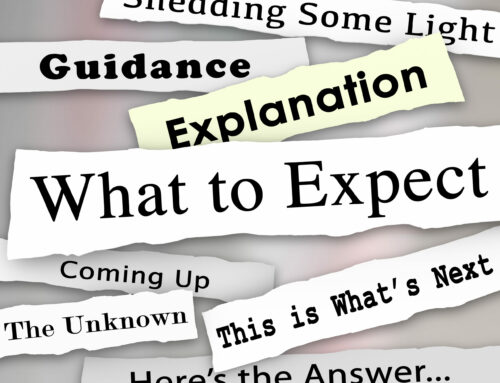Why use past papers?
We always recommend that our students revisit previous exam papers and take them under exam conditions. We believe that this is one of the most effective ways of checking your progress and of identifying any gaps in your knowledge.
However, past papers also have a number of other great uses. They give us an insight into what the examiner is thinking, an idea of what might come up in the future and highlight the pitfalls to avoid as we prepare for and sit the exam.
What can I learn?
For example, a study of past AF1 papers tells us that having to perform both an income tax and a capital gains tax calculation in your exam is almost inevitable. Indeed, in the October 2018 and April 2019 sittings, both of these were included in the very first question of the very first case study.
It also tells us that the examiner likes to test new (or at least relatively new) rules and concepts and that when they do so, less well-prepared candidates struggle. In October 2018, for example, it was the marriage allowance, the changes to income tax relief on mortgage interest for rental properties and the foundation amount for the new State pension. That’s why, during our structured study plan, we have a weekly ‘What’s new’ forum post honing in on recent changes. Candidates who had kept themselves up to date would have performed well on these questions.
Tips
Tips for exam technique also feature in the exam guides. In April 2019, for example, the feedback for a couple of the questions highlighted the CII’s expectation that in advanced financial planning papers candidates should remember to relate back to the information that is given in the case study when writing their answers. By that, the examiner means relating the answer given to the particular set of circumstances the client(s) is in, rather than a more generic answer.
Another question, this time in October 2018, asked candidates to detail the factors that would be taken into account by HMRC to ascertain whether a client is employed or self-employed. The point to take away here is that this question has been tested several times in the past. Another reason to add past paper reviews to your to-do-list!
In the same paper, candidates were asked to explain briefly the authority granted under a general power of attorney. This appears to be a straightforward question. Yet the examiners reported that a number of candidates answered it as if the question had been a ‘lasting power of attorney’. Now we know that you know that you need to read all questions carefully – but you might want to make a mental note to remind yourself of this when you’re under the pressure of an exam room.
Summary
In summary, in April 2019, the examiners reported that candidates performed well on calculations. But less well on some of the broader concepts that were tested. Where candidates did not provide sufficient detail in their answers to get all the marks on offer. We do spend a lot of time on AF1 practising calculations. So this is a timely reminder that we also need to ensure we’re comfortable with tax theory as well. Preparing lists or mind maps on these topics could therefore be useful.
So, there you have it. A whole host of good reasons for reviewing past papers and for joining the team at Expert Pensions as we get ready for the April 2020 exam.






